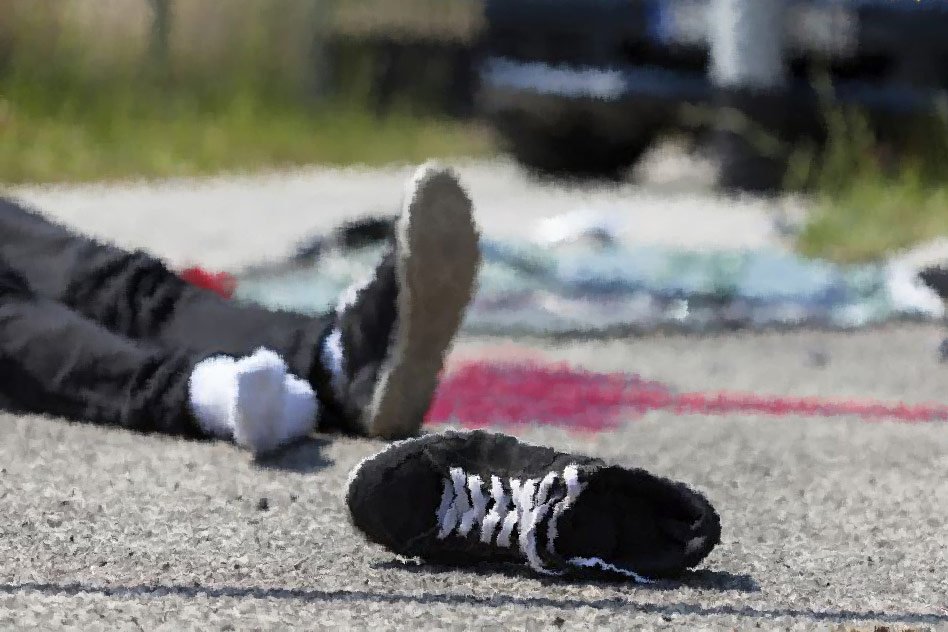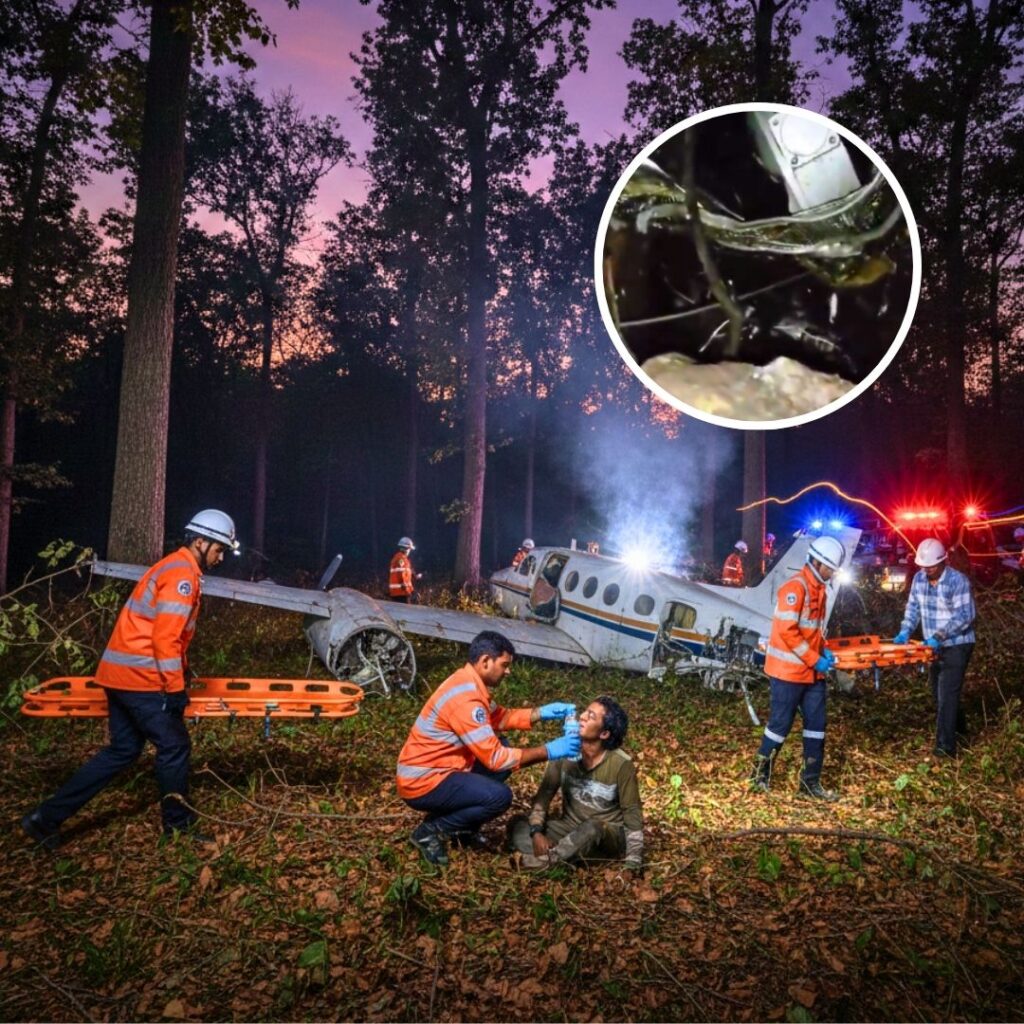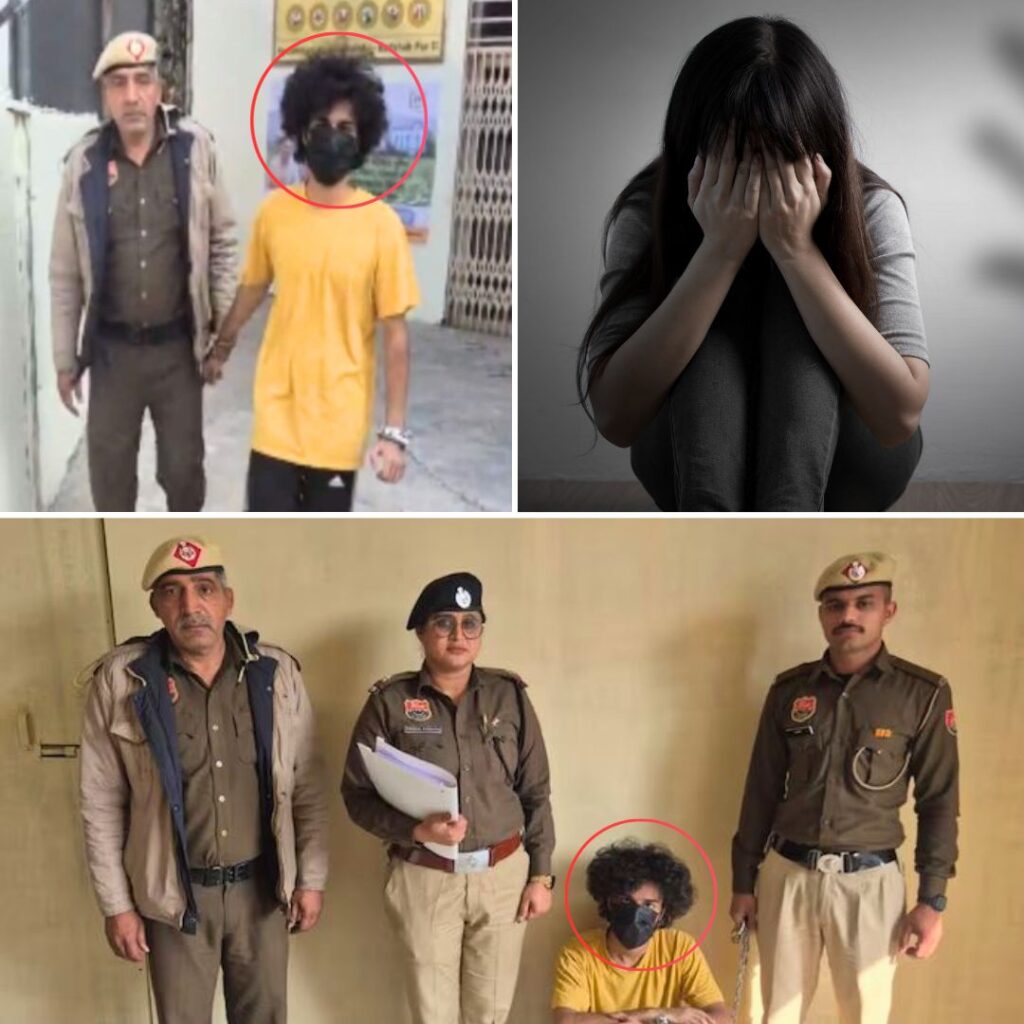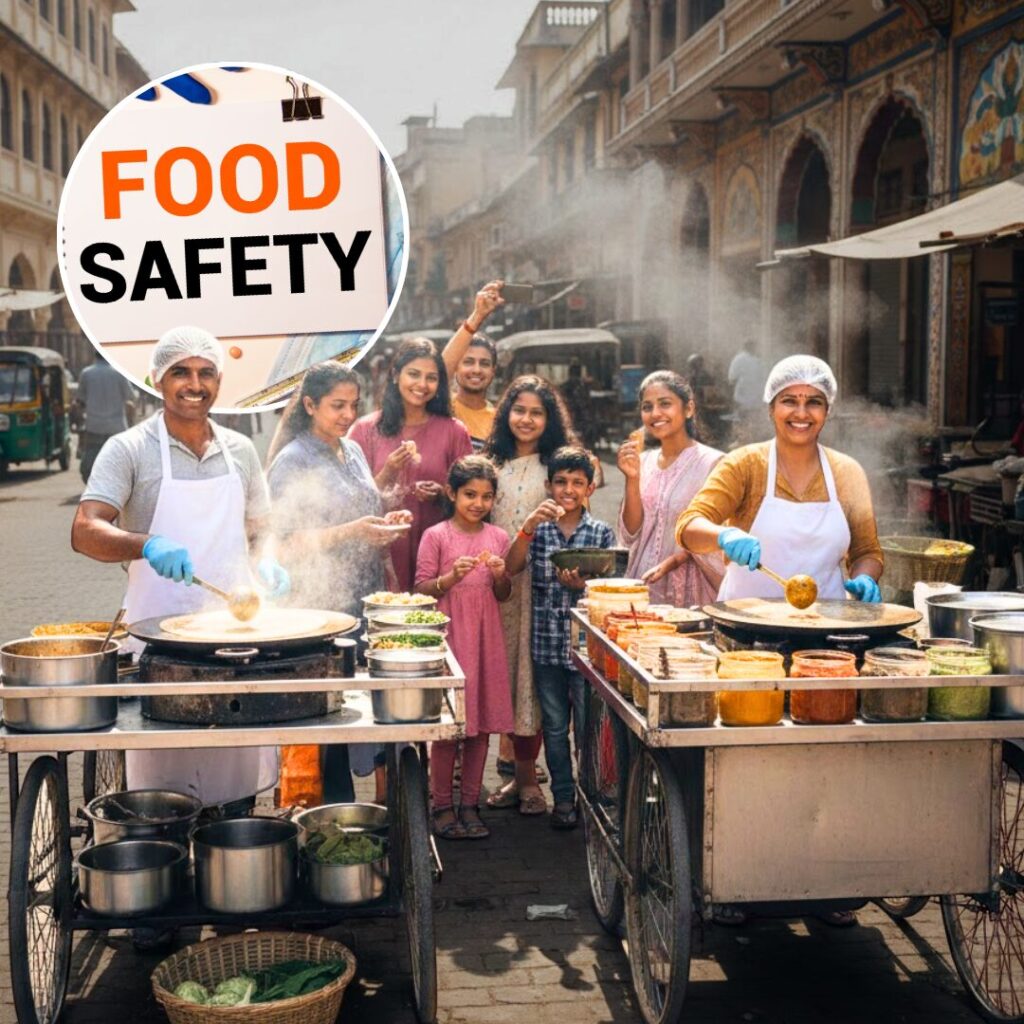Good Samaritans or people who help road accident victims by taking them to the hospital had everything going against them from legal wrangles to harassment. Thanks to the Supreme Court directive, the Government has finally notified guidelines to protect good samaritans from any civil & criminal liability among other things. The disclosure of the name has also been made voluntary.
Imagine you being subject to harassment, detention at hospitals and legal hassles when you want to help the injured in road accidents. Most people in India do not come forward to help the injured in fear of such problems. This won’t be the case anymore, thanks to the Supreme Court directive in a petition filed by Save LIFE Foundation in 2012. During the course of hearing in this case, the Supreme Court on 29th October 2014 directed the Government of India to issue necessary guidelines for the protection of Good Samaritans until appropriate legislation is made. The guidelines were to be made within three months.
What do the Guidelines Say?
The Ministry of Road Transport and Highways (MoRTH) has finally notified guidelines to protect Good Samaritans, who come forward to help road accident victims, from legal and procedural hassles. The guidelines were officially notified on 13th May, 2015.
Some of the key points in these guidelines are:
- Bystanders taking road accident victims to hospitals will be allowed to leave immediately without having to answer any questions. Eyewitnesses will be allowed to leave after providing their address.
- Bystanders shall be suitably rewarded for their assistance to road victims.
- Bystanders shall have no legal liability.
- Bystanders can make anonymous calls to the police with information related to accidents.
- Bystanders shall have the option to not disclose their identity in the Medico Legal Case forms provided by hospitals.
- Action shall be taken against Public officials found to be harassing bystanders.
- Bystanders who volunteer to be eyewitnesses shall be examined by the officials only once. Further, state governments must issue guidelines (within 30 days) to ensure bystanders are not harassed.
- Voluntary eyewitnesses shall be examined through extensive use of video-conferencing to avoid any inconvenience to them.
- Hospitals shall not detain bystanders or demand payment from the bystanders unless they happen to be relatives of the victims. Further, hospitals shall publish a charter clearly stating this point.
- Lack of response by doctors in emergency situations shall be deemed to be ‘Professional Misconduct’.
- Bystanders can also request for an acknowledgement of their efforts, which the hospital must provide in a standard format stating that “an injured person was brought to the hospital along with the time and place of such occurrence”.
Source: Factly
Click here to know about “Good Samaritan Law” or if you/anyone you know has been harassed for being a good samaritan and share your story: Protect Bystanders and Enable Them to Save Lives











